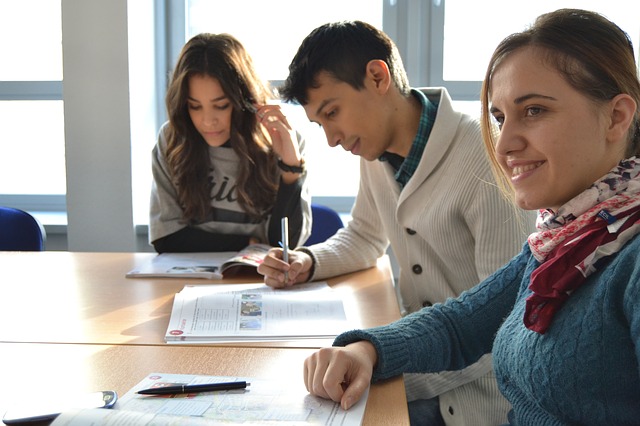New Zealand migrants are the emerging mainstream
 New Zealand is seeing an influx of migrants from various community groups adding to the traditional population mix of pacific migrants and those of European descent.
New Zealand is seeing an influx of migrants from various community groups adding to the traditional population mix of pacific migrants and those of European descent.
Changing migration trends for New Zealand
New Zealand immigration policy changes since the 1990s have resulted in more migrants entering New Zealand as international students or migrant workers.
Recent migration trends also include many new residents from China, India and the Philippines under the Skilled Migrant residence category.
Migrant issues
The issues facing ethnic communities in New Zealand are multidimensional, complex and vary greatly. The problems may depend on the method of entry, socio-economic and educational backgrounds, as well as cultural and religious affiliations.
Settling in to New Zealand
Those immigrants arriving from countries with similar cultures and lifestyles to New Zealand would clearly find settling here easier than those immigrants who would need to assimilate a totally different system.
Children can be among the most adversely affected migrants; they can face conflicts between school and home, a lack of confidence and low self-esteem manifesting itself in anger and resentment leading to drug abuse, delinquency and the urge to become rich ‘somehow.’
Some of these young immigrants to New Zealand may also become suicidal.
Migrant families
Some migrant children fail to cope with the challenges of life, resulting in confrontations with parents at home, teachers at schools and elders in the society, unfortunately resulting in the disastrous meltdown of family units.
Marriages under pressure also become fraught with conflicting ideas, traditional and modern values, matrimonial quarrels and family violence.
Many issues of social and domestic issues can be solved through a better understanding of the youth and instilling the value of one’s own culture in young minds.
Identity crises
Ethnic minorities face the challenge of preserving their culture, language and traditions in their adopted country. As there is often limited scope to practise and teach these skills and values, children can grow up with scant knowledge of their culture, language and family values, increasing the chances of losing it all.
New Zealand migrants’ demands for language schools and avenues to promote and celebrate their traditions and festivals are valid.
Ethnic New Zealand is emerging as a strong force; that is the reality and the shape of things to come.
-
Are we ready for such a massive change?
-
Are our policy makers and those in governance aware of the challenges that we will face as a community, society and country?
-
Will the current majority accept the reality of our New Zealand migrants or will they resist?



